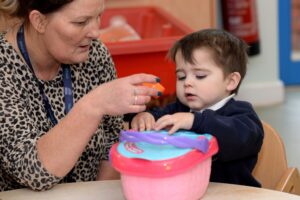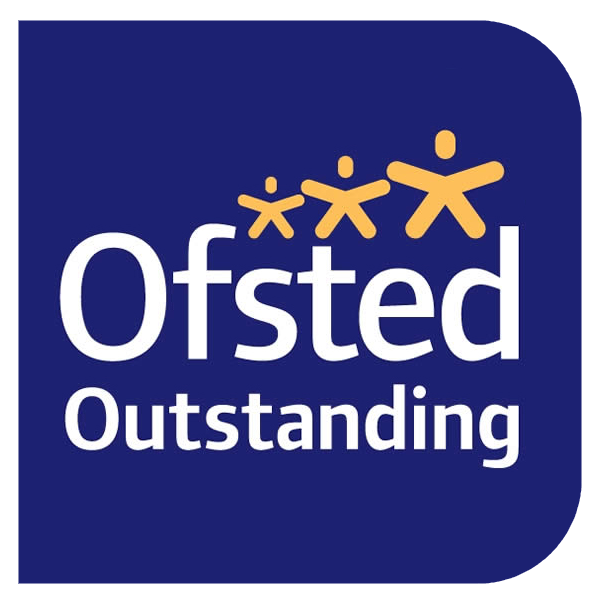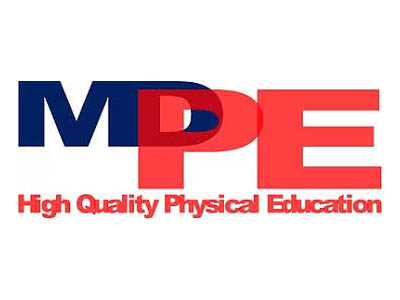Mathematics
Hummersea Maths Progression Overview
Hummersea Four Operations Progression Map
Intent
Developing a love of maths is important for the children of Hummersea Primary as we aim to instil in them the skills and knowledge to use maths as part of everyday life and in future career choices. Our maths objectives are taken from the National Curriculum which are mapped out so that they build on students’ prior learning. Learning objectives are shared with the children in a child friendly way at the start of lessons so that children know what they will achieve by then end of each lesson. Children need substantive knowledge in mathematics (e.g.. number facts, times tables) and disciplinary knowledge (how to work things about, reason and problem solve). They will be taught to make links across different mathematical components to build this knowledge in their long-term memory.
Early Mathematics
Mathematical development depends on becoming confident and competent in learning and using key skills. Mathematical understanding is developed through practical activities such as stories, songs, games and imaginative play. These are linked to topic themes and encourage children to enjoy using and experimenting with numbers and relating them to real life situations. EYFS use the Statutory Framework to underpin the EYFS intent. The intent is a progressive document which builds upon previous mathematical skills starting in the 2 year old provision developing through to Nursery and Reception. Early maths activities are designed to match the needs and experience of our children. Teachers plan activities that develop the child’s understanding of the curriculum. The Reception curriculum ensures that children are well prepared for maths learning in Y1.

Implementation
Maths is taught daily and highly valued across school. Children start the day with Mental Maths practise whereby they answer questions relating to content that is appropriate for their ability. Children have access to practical equipment through their learning so that they can choose resources independently to support themselves.
The lessons are structured so that prior learning is built upon and then new concepts developed. Lessons start with a starter. This could include oral starter e.g. counting up in 4s and then a recap of a prior skill. The main part of the lesson will involve modelling and teaching of a new concept. Children will be given opportunity to practise the skill before doing this independently. The independent proportion of the lesson will involve fluency, reasoning and problem solving.
In Mathematics, children’s work can take various forms, such as informal jottings, written calculations, graphs or tables or as a game / role play. Children can record their work individually, in pairs, as a group or class. Timetable practice happens daily within Key Stage Two. This takes the form of Timestables Rockstars in Year Three and Year Four and a mixture of timetable cards and Rockstars in Year Five and Year Six.
Hummersea strive to ensure that all children can access Mathematics at a level that is appropriate for their stage in learning. This can be through support from staff, scaffolded activities and specific resources where appropriate. Maths is linked to other curriculum subjects where appropriate e.g. data collection in Science, keeping score in PE, measuring in DT, timeline and understanding dates in History etc.
Maths and children’s achievements are celebrated in school. Children’s score in Mental Maths is celebrated weekly on a Friday. Timestables Rockstars assemblies are used to celebrate children’s recall of multiplication facts.
Impact
Maths is assessed through teachers’ knowledge of the children’s progress and Mental Maths. Their learning is thoughtfully built upon and progressed from their starting points so that children reach their full potential at Hummersea. Children love maths and develop confidence in their ability so that they make progress.
Numeracy and the skills that it provides are vital skills that the children need to ensure that it prepares them for their next stage in learning. The way that the curriculum builds upon objectives ensures that children are ready for the next stage in their learning whether that be the next year group, the next Key Stage or Secondary School.








